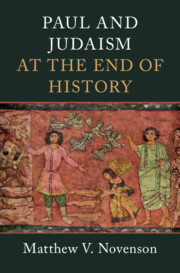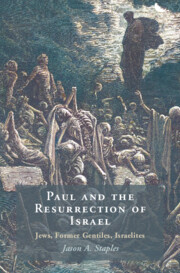Many gods lived in the Roman Empire. All ancient peoples, including Jews and, eventually, Christians, knew this to be the case. Exploring the ways that members of these groups thought about and dealt with other gods while remaining loyal to their own god, this essay focuses particularly on the writings and activities of three late Second Temple Jews who highly identified as Jews: Philo of Alexandria, Herod the Great, and the apostle Paul. Their loyalty to Israel’s god notwithstanding, they also acknowledged the presence, the agency, and the power of foreign deities. Reliance on “monotheism” as a term of historical description inhibits our appreciation of the many different social relationships, human and divine, that all ancient Jews had to navigate. Worse, “monotheism” fundamentally misdescribes the religious sensibility of antiquity.

